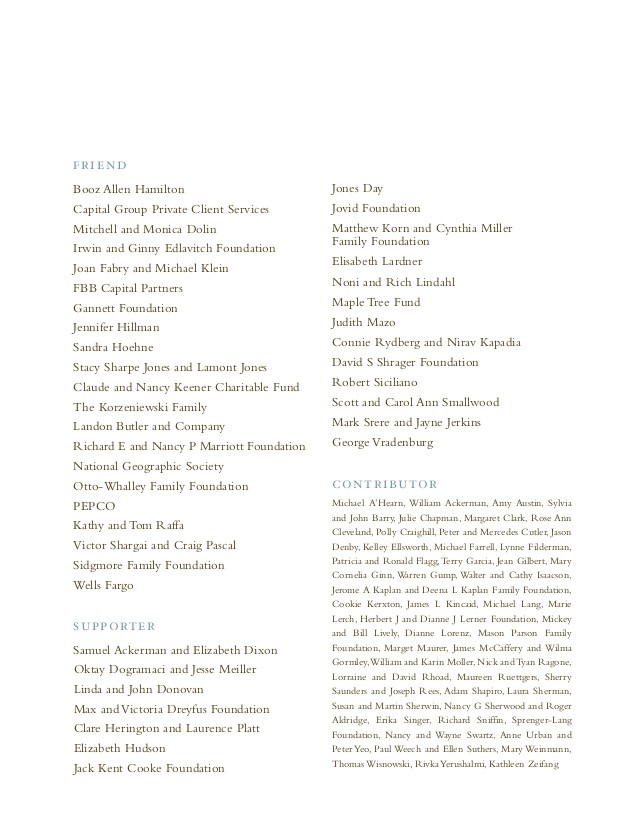Capital Group Private Client Services
Post on: 23 Апрель, 2015 No Comment

Tax policy could be in for sweeping reform next year, depending on the outcome of this years election. Rates are scheduled to rise across the board, though high-income earners are likely to get hit the hardest. Among the changes currently under consideration:
- Raising the top federal income tax rate, from 35% to 39.6%
- Increasing capital gains taxes, from 15% to 20%
- Taxing dividends as ordinary income rather than long-term capital gains
- Limiting deductions for upper-income earners
- Imposing a new surtax on investment income for taxpayers above a certain income level
- Letting the alternative minimum tax (AMT) patch expire
We asked Capital Strategy Research analyst Elizabeth Mooney to sort through some of the possible tax scenarios and share her expectations for the coming year.
There are a lot of tax policy changes that are scheduled to occur at the end of 2012. Are any more likely to take effect than others?
Everything is up in the air because its an election yearand a highly uncertain one at that. Plus, Congress has been so divided (with Republicans refusing tax increases and Democrats objecting to spending cuts without higher taxes on the wealthy) that its difficult to gauge whether a compromise is possible. Its highly doubtful that there will be any change to policy before the election.
It is very likely that taxes will rise for upper-income taxpayers. If President Obama is re-elected and Congress remains divided, I can envision an outcome in which current income tax rates will be extended for one more year for everyone except upper-income taxpayers (couples making more than $250,000 a year). President Obama has made it a centerpiece of his re-election campaign to require high-income households to pay more taxes, so I think this will be a top priority for his second term if he is re-elected. Additionally, he may choose to reduce income inequality by enacting the Buffett Rule, which seeks to ensure that individuals making more than $1 million a year pay a minimum 30% tax rate. Another possibility is that Congress could bargain to have the dividend tax rate increase to 20% rather than jump to the same level as the income tax rate. This would put it on parity with the anticipated capital gains rate.
If Romney wins the election with a Republican sweep in Congress, its more likely well see an extension of the Bush tax cuts for all income levels.
Unfortunately, there is a chance that current low tax rates will completely expire temporarily for all income levels simply because there will be very little time after the election to draft and agree on a bill before the end of the year. Hopefully, such a situation would prompt swift action because it would hurt disposable incomes and economic growth.
What do you think will happen to fiscal policy if President Obama is re-elected and Congress is controlled by Republicans?
I think theyll kick the can further down the road with regard to solving the deficit problem. With a relatively divided Congress, its unlikely that Republicans will have enough of a majority to invoke cloture, which means more filibusters will occur and it will be challenging to make significant policy changes. However, if deficit concerns are significantly affecting the market and politicians make it a priority, then Congress could negotiate a deal whereby Republicans agree to tax increases and Democrats agree to entitlement cuts. But I think the lame-duck session between the election and year-end will come too soon and be too short for any of this to happen.
Could there be an impact on the stock market if the dividend tax rate is increased?

Considering only the impact of higher taxes on dividend income, I dont think there will be a notable change in demand for dividend-paying stocks. According to our economists, roughly half of U.S. equities are held in tax-deferred accounts. When these accounts are drawn down, they are taxed as ordinary income and therefore would be unaffected by a higher dividend tax rate. Some companies have indicated that the tax rate is a factor in their dividend policies, which means that some stocks may be impacted on a case-by-case basis.
How might U.S. economic growth be affected by tax policy changes?
Lawmakers are in a tough position because they need to reduce the deficit, but if tax policy changes are too drastic, they could undermine the recovery. Congresss Joint Committee on Taxation (JCT) estimated that expiration of the Bush tax cuts for upper-income taxpayers would raise tax revenues of $1.433 trillion over 10 years. That estimate includes a limitation on itemized deductions, a 20% tax rate on long-term capital gains, and limited exclusions and exemptions for upper-income taxpayers. If we assume that upper-income taxpayers spend the income from the Bush tax cuts and the government doesnt use incremental tax revenues to stimulate the economy, the expiration of the Bush tax cuts alone would mean a 1.4% hit to GDP in 2013, according to our calculations.
If the payroll tax cuts, unemployment benefits and AMT patch all expire, then GDP is estimated to fall by an additional 1.5 to 2% in 2013.
Alternately, if no significant efforts are taken to reduce the deficit (expiring tax provisions are extended, the AMT is indexed for inflation after 2011 and the automatic spending cuts required under the Budget Control Act dont occur), the U.S. debt-to-GDP ratio will rise to 93% in 2022, according to the latest estimate by the Congressional Budget Office.
Fortunately, the majority of policymakers are aware of the risks that stark tax policy changes pose to economic growth, so I expect that deficit reduction will be a gradual process.
Given the sluggish pace of the recovery and the need to reduce the deficit, what tax changes do you think should be implemented in 2013?
If it were up to me, Id initiate a new tax such as a value-added tax (VAT), although it would be difficult to pass today. States are very resistant to a national VAT because they see it as competing with state sales taxes, which are an important source of revenue. Concerns that such a tax would be regressive would also need to be addressed, possibly in the form of providing credits to lower-income taxpayers.
One thing I dont think a lot of people realize is that simply increasing taxes for wealthy Americans wont raise enough revenue to solve the deficit problem. The Congressional Budget Office has estimated that the federal deficit will total $1.2 trillion in fiscal year 2012. According to our economists, the total income of those earning more than $250,000 annually is $2.5 trillion, so a 10% tax increase raises only a fraction of the deficit at $250 billion. For tax policy changes alone to meaningfully lower the deficit, higher taxes would need to be broadly imposed across all income levels. However, sweeping policy changes increase the risks to consumer spending and economic growthespecially if state taxes increase in addition to federal taxes.
If legislators do decide to take an aggressive stance toward deficit reduction in 2013 and it begins to have a negative impact on U.S. economic growth, what can be done to make sure the recovery doesnt lose momentum?
As I mentioned before, most legislators realize that sudden, severe spending cuts and tax hikes would be detrimental to the economic recovery. I expect the Federal Reserve to remain accommodative to a stable economy. But the government cant stimulate the economy and fix the deficit at the same time without some impact, so deficit reduction efforts will happen over a long time horizon. One way to do this would be to impose some tax increases while decreasing the projected rates of growth of entitlement programs such as Social Security, Medicare and Medicaid. It will be challenging to negotiate, but entitlement and spending cuts wont pass without some tax increases.
What are the risks if Congress delays the majority of these tax changes for another few years?
If tax increases are delayed too long, there is ample risk that the U.S. credit rating will be downgraded and, in turn, that borrowing costs for the country will be overwhelming to the economy.
Furthermore, financial markets will respond negatively if gridlock persists in the lame-duck session of Congress and there are no signals from Washington that lawmakers will address impending broad and substantial tax increases, and the huge, growing fiscal imbalances.
What guidance can you provide to those who are considering important investment planning decisions in such an uncertain tax environment?
Its probably not a good idea to sell assets or a business just for tax purposes. If you are not really interested in selling, hold on to your investment. However, if you intend to sell in the near future, then you may want to sell now. There’s a strong likelihood that individual tax rates won’t be any lower going forward than they are today. Clients may also want to consider maxing out the gift tax exemption by the end of this year, as it is unlikely to be as generous in coming years. (For more information, please see our recent paper on this topic, A Limited Opportunity for Generous Gift Tax Exemptions.) n
The thoughts expressed herein are current as of the publication date, are based upon sources believed to be reliable, reflect the views of one individual and are subject to change at any time. There is no guarantee that any projection, forecast or opinion in this paper will be realized. Past results are no guarantee of future results. This material is provided for informational purposes only and does not take into account your particular investment objectives, financial situation or needs. You should discuss your individual circumstances with your Investment Counselor. 2012 Capital Group Private Client Services. Any reproduction, modification, distribution, transmission or republication of the content, in part or in full, is prohibited.














